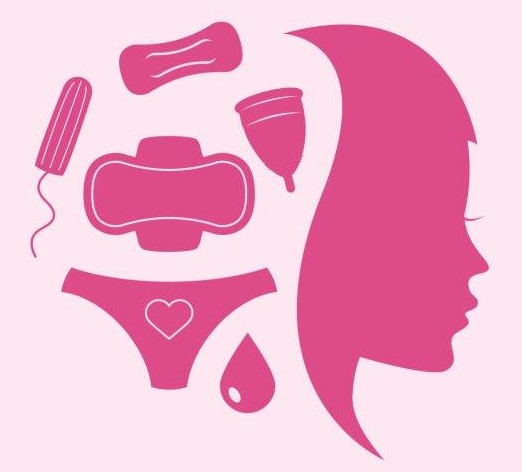Recommendations on Ensuring Menstrual Hygiene in Prisons

The report outlines a comprehensive set of recommendations aimed at establishing minimum standards to ensure menstrual hygiene in prisons.
One critical aspect highlighted in the report is the importance of access to clean water and basic facilities. The report suggests periodic water testing to ensure its quality, a consistent and adequate water supply, and accessibility for pregnant, disabled, and post-natal menstruating women. It also emphasises the need for training prison staff to effectively manage menstrual needs, as well as the provision of cold, warm, or lukewarm water, and ensuring the fundamental rights to privacy and dignity. Recommendations include soap dispensers, clotheslines for drying used underwear and reusable menstrual cloth, dustbins with lids, and access to hair removal cream. The report also proposes a separate toilet for female prison staff and a change in the colour of women convicts' uniforms to earthy shades to help manage stains. Additionally, it suggests providing hot water bags and a regular supply of used newspapers.
The supply chain of menstrual products is another critical concern addressed by the report. It recommends making menstrual products available free of cost, providing a sanitary kit upon admission, offering a range of options, and removing any limits on the quantity of products or cloth pieces provided. Women should have access to at least 4-6 pads per day of their menstrual cycle, and consultations with menstrual product experts should be conducted to establish an efficient supply chain.
Proper waste management of used menstrual products is highlighted in the report, with a focus on collecting pads in separate disposal bins and raising awareness about safe disposal methods.
Reproductive health care is deemed vital, with the report specifying that only female doctors should oversee the medical care of women in prison. It suggests an examination of women prisoners during admission and regular check-ups.
Lastly, the report emphasises the importance of conducting awareness camps on sexual reproductive health for staff every six months and period awareness sessions at least twice a year.
